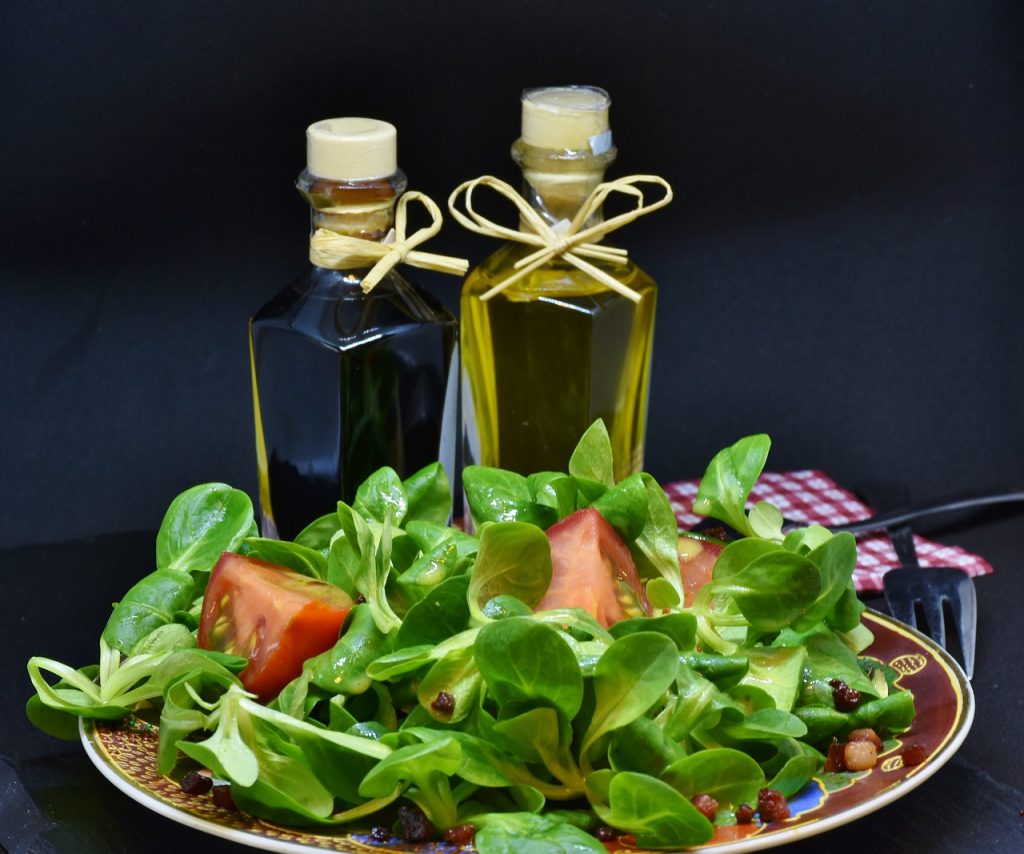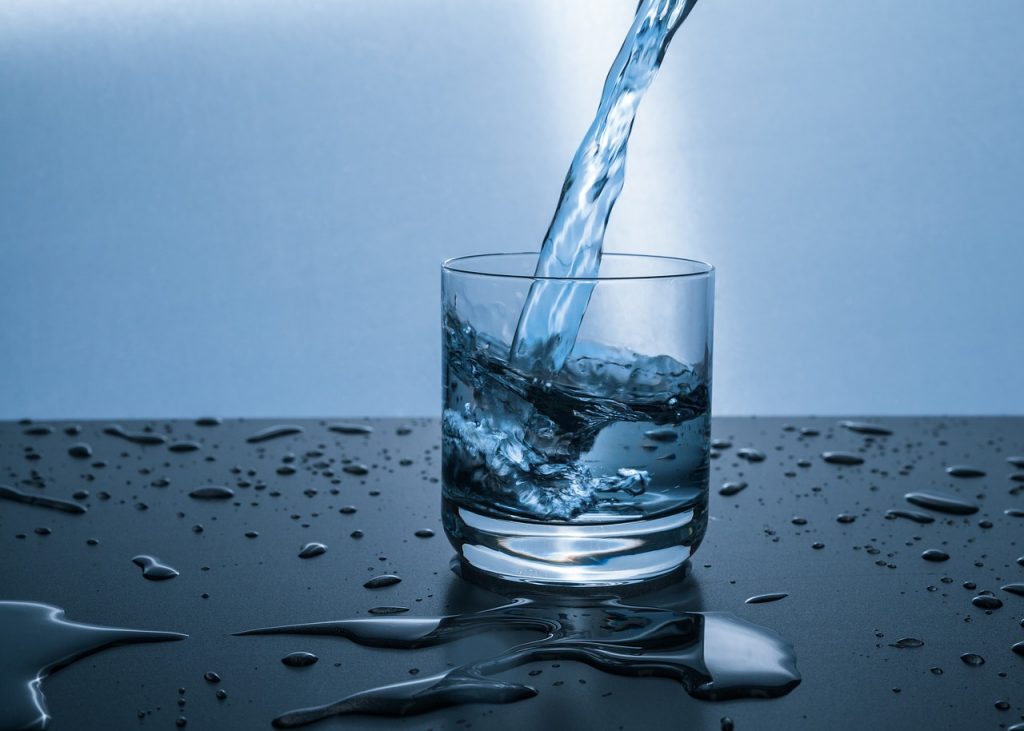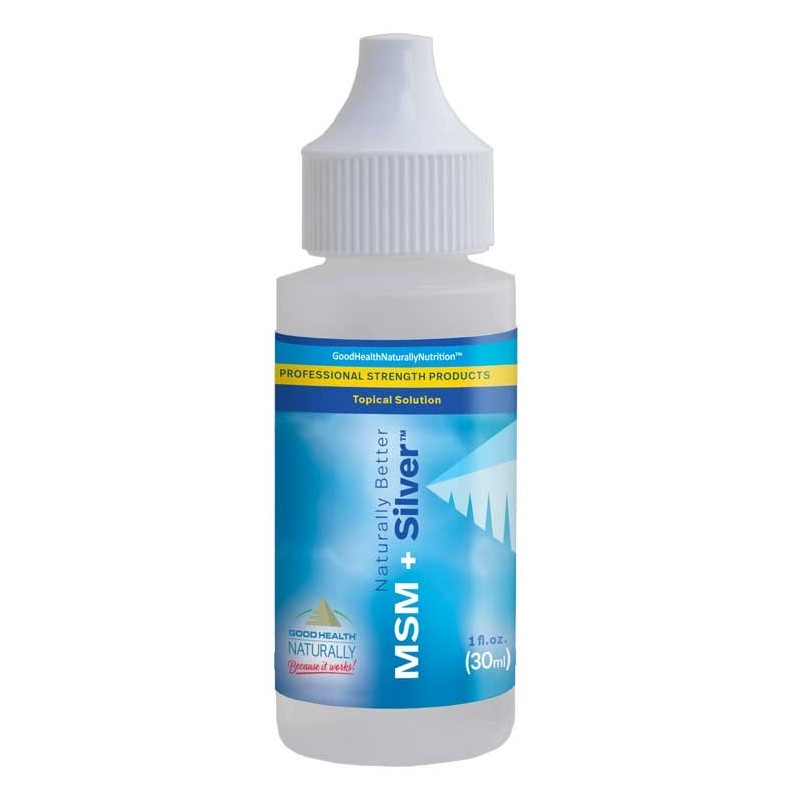Taking good care of your eye health over the summer months can be more challenging. As you spend more time out in the sunshine, being exposed to the elements of sun, water and sand…there are all kinds of risks that can be damaging to your eyesight.
Many eye diseases such as Age-Related Macular Degeneration, Cataracts and Pterygium (growth of fleshy tissue on the conjunctiva), are all caused or aggravated by UV radiation from the sun.
It might not seem like much but following these several simple steps can better protect your eye health over the sunny season…
1. Wear Sunglasses With Ultraviolet Protection

Protecting your eyes from the sun’s damaging ultraviolet rays is absolutely essential when outside enjoying the sunshine. A decent pair of sunglasses can provide UVB protection and prevent the formation of cataracts.
There are solid studies suggesting that people who stayed in the sun for longer tended to get cataracts at least 8 to 10 years before a selected group who chose to stay indoors. Wearing your sunglasses is therefore essential when outside, to prevent the risk of eye diseases.
2. Wear a Hat When Sunbathing

Alongside sunglasses, it’s essential to wear a sunhat as this provides protection for shielding your eyes from sunlight. Wearing a sunhat can help to prevent cataracts and scalp sunburn. A wide brimmed sun hat can effectively shade your eyes and your face when out in the sunlight.
The UV protection of sunglasses can wear off or fade over time, and the UV rays can get into your eyes over time. Whereas a sun hat provides the same amount of UV protection for as long as you are wearing the hat.
3. Eat More Green Leafy Salads

Choosing to eat plenty of leafy green vegetables such as spinach, kale and collard greens is recommended. Dark leafy green vegetables are rich in nutrients and antioxidant compounds such as lutein, carotene and zeaxanthin that can all benefit eye health.
Nutrients such as Omega-3 fatty acids, including Lutein, Zinc and Vitamins A and C can all ward off age-related vision problems relating to macular degeneration and cataracts. The more salads you enjoy on a daily basis, the more you can optimise the health of your eyes.
4. Drink More Water

Staying hydrated by drinking at lest 5-7 glasses of filtered water every day comes highly recommended. Drinking plenty of water can prevent your eyes and body from becoming dehydrated.
When the eyes stop producing tears, they are no longer lubricated properly and this can cause eye strain and vision problems. Drinking lots of water can reduce the symptoms of dry eye syndrome. If you don’t want to drink water straight, try adding a slice of fresh lime or some fresh fruit to make it more palatable.
5. Use Saline Eye Drops

Saline drops can prevent your eyes from becoming dry. When eye drops are used about twice a day they can prevent dry eye syndrome and increase tear production.
During the summer months, the weather can exacerbate conditions such as dry eyes. Once the cornea is dehydrated, it can play a role in vision problems, eye pressure, swollen eyes and corneal edema. Symtoms of corneal edema can include pain in the eye, sensitivity to light, reduced vision, redness or inflammation of the eyes and headaches/nausea.
6. Rest Your Eyes More

Protecting your eyes from UV damage by wearing sunglasses is a good idea. Another way to care for your eye health is to get more rest. Studies suggest that people who work for at least 18 hours a day are more likely to experience weak eyesight.
Giving your eyes the required rest, especially during the summer months is therefore essential. Studies have shown that the eyes need at least 5 hours of sleep per night to properly replenish.
If you’re not getting enough sleep, then you may experience fatigue and exhaustion more easily. If you find yourself burning the candle at both ends, then it may be time to examine how much rest you’re getting each night. Ideally aim for at least 8 hours sleep as a minimum for best eye health.
7. Take Your Daily Multivitamin

Taking your regular multivitamin is highly recommended to support good eye health. Getting enough Vitamin A, C, E and Zinc along with carotenoids like Lutein and Zeaxanthin can help to protect the eye’s macula, lens and cornea. These vitamins also lower free radical damage and inflammation that can otherwise destroy tissue in the eyes.
The eyes become more susceptible to damage as you age. The Age-Related Eye Disease Study, a clinical trial conducted in 2001 concluded that a poor diet is a major risk factor for age-related macular degeneration and cataracts.
Getting plenty of Vitamin C, Vitamin E, Beta-Carotene and Zinc have all been found to significantly lower your risk of macular degeneration. These vitamins can play an essential role in providing natural treatments for cataracts and macular degeneration.
The trouble is that you’re not getting enough in the food you are eating. Many fruits and vegetables are low in these vitamins and minerals. This is due to modern agricultural practices rendering the soil nutrient deficient. Therefore taking a multivitamin is absolutely essential if you want to ensure you get these recommended nutrients for best eye health.
Recommended Reading

Improving Eye Disease in 30 Days – Discover how to naturally improve your eye disease and overall eye health in as little as 30 days. Follow Robert’s recommended health and lifestyle plan to achieve optimal eye health and to avoid, mange or prevent future eye problems. Available from Naturally Healthy News. |
Recommended Examples
 MaxiFocus™ Drops – Contains 24 super nutrients and antioxidants including Vitamin D3. delivers 100mg of Lutein, along with Vitamins A, C, E, Zinc and Copper as recommended in the AREDS formulation. MaxiFocus™ Drops – Contains 24 super nutrients and antioxidants including Vitamin D3. delivers 100mg of Lutein, along with Vitamins A, C, E, Zinc and Copper as recommended in the AREDS formulation.
Delivers a complete spectrum of eye nutrients that absorb at least 900% better in a sublingual formula than the tablet equivalent. In most cases, the nutrients are in the eye within 2 minutes. Available from Good Health Naturally. |
 MSM + Silver™ Drops – A unique MSM+ Silver formulation containing a proprietary blend of OptiMSM®, Hydrosol Silver (10ppm), N-Acetyl-L-Carnosine and Colloidal Silver (10ppm). Supports healthy membrane tissues, makes the outer tissues soft and permeable, while reducing infections. Available from Good Health Naturally. MSM + Silver™ Drops – A unique MSM+ Silver formulation containing a proprietary blend of OptiMSM®, Hydrosol Silver (10ppm), N-Acetyl-L-Carnosine and Colloidal Silver (10ppm). Supports healthy membrane tissues, makes the outer tissues soft and permeable, while reducing infections. Available from Good Health Naturally. |
 Liposomal Vitamin C -Contains 1000mg of high-quality Liposomal Vitamin C, plus 400 mg PC per serving. With the liposomal delivery system, all of the vitamin C can reach the bloodstream, without any side effects. Liposomal Vitamin C -Contains 1000mg of high-quality Liposomal Vitamin C, plus 400 mg PC per serving. With the liposomal delivery system, all of the vitamin C can reach the bloodstream, without any side effects.
Taken at high doses it is linked to countless health benefits, with the potential to support immune function, brain health, eye health, blood sugar, and heart health. May help to promote healing, maintaining healthy bone, cartilage, and connective tissues. Needed by the body to protect against stress and injury. |





